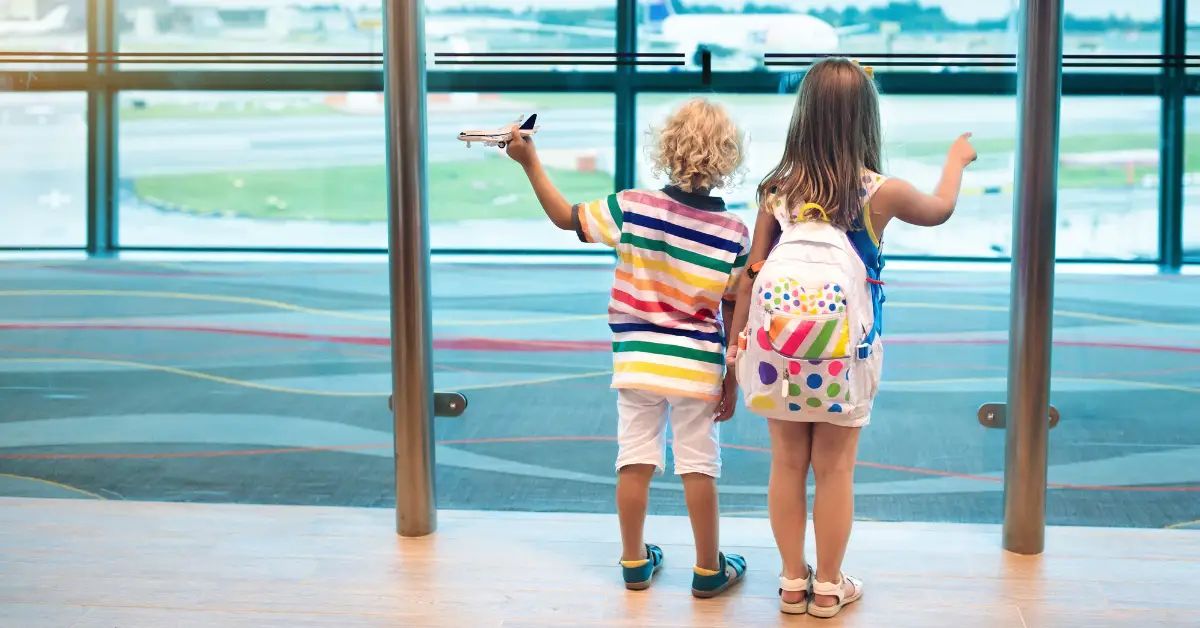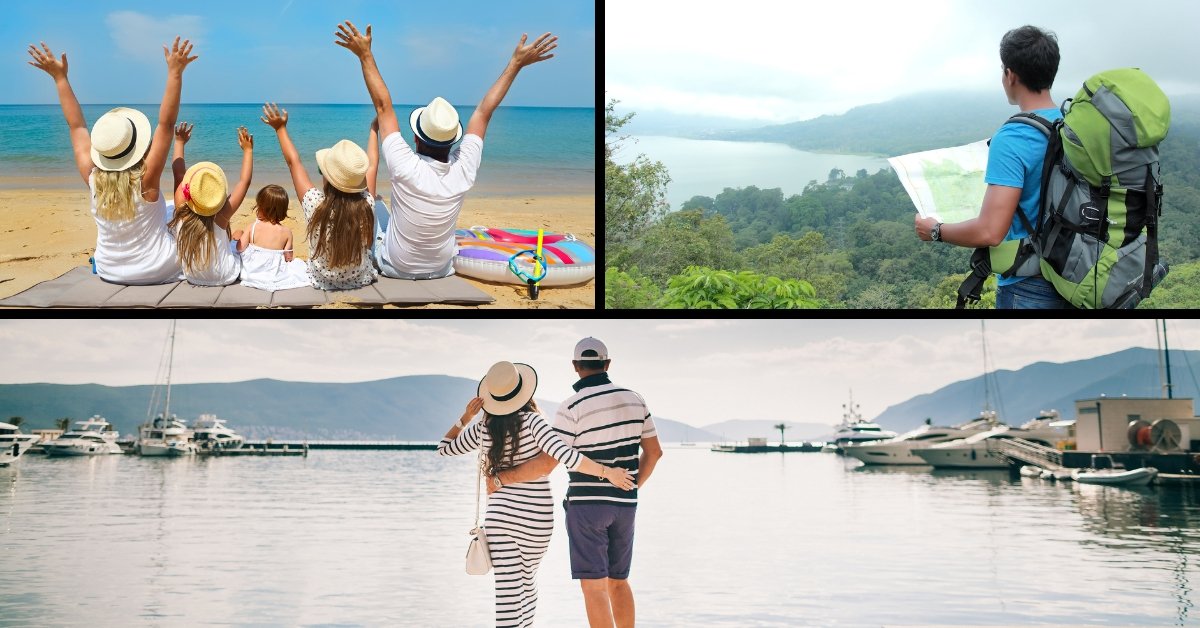Learn the top 20 mistakes solo female travelers make and how to avoid them for a safer, more enjoyable trip. Essential tips for solo female adventurers.
Table of Contents
Introduction
Traveling alone as a woman can be one of the most empowering and fulfilling experiences.
It allows you the freedom to explore the world on your terms, meet new people, and learn about different cultures.
However, it also comes with unique challenges and potential pitfalls that can turn a dream trip into a stressful ordeal if not adequately planned.
As a solo female traveler, you may encounter situations where your safety, comfort, or enjoyment could be compromised.
From navigating unfamiliar environments to understanding cultural nuances, the journey requires a mix of courage, preparation, and common sense.
The good news is that many solo female travelers have blazed the trail before you, and their experiences offer valuable lessons.
Mistakes Solo Female Travelers Make

In this blog post, we will examine the 20 most common mistakes solo female travelers make and provide practical advice on how to avoid them.
This guide is designed to help you anticipate and overcome common obstacles, ensuring that your solo adventures are safe and memorable.
Imagine arriving in a foreign country without a plan, overpacking your bags, or not knowing a single word of the local language.
These are just a few mistakes that can add unnecessary stress to your journey.
By addressing these issues head-on, you can focus on what truly matters: immersing yourself in new experiences, making meaningful connections, and creating lasting memories.
1. Not Researching Destinations Thoroughly
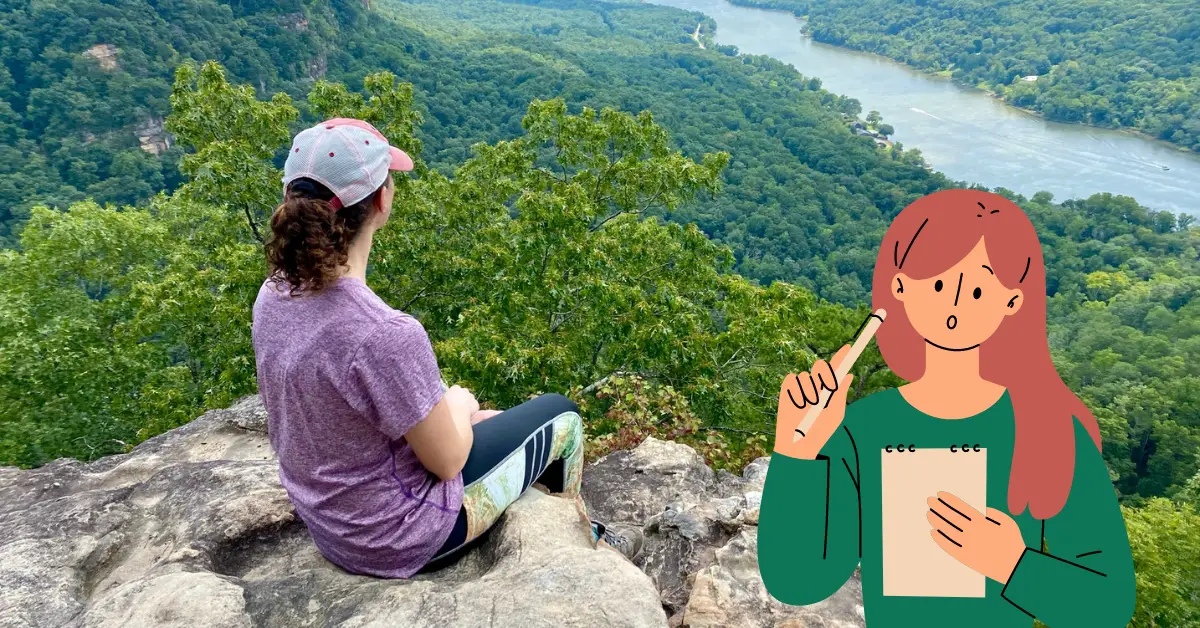
Before setting off on any trip, it is essential to research your travel destinations in detail.
This involves understanding the local customs, safety concerns, weather conditions, and the best places to visit.
For instance, knowing that pickpocketing is expected in Paris can prompt you to take extra precautions with your belongings.
Similarly, understanding the cultural norms in conservative countries can help you dress appropriately and avoid unwanted attention.
Example: In Japan, removing your shoes before entering someone’s home is polite. Knowing this in advance can help you show respect and avoid awkward moments.
2. Ignoring Travel Insurance
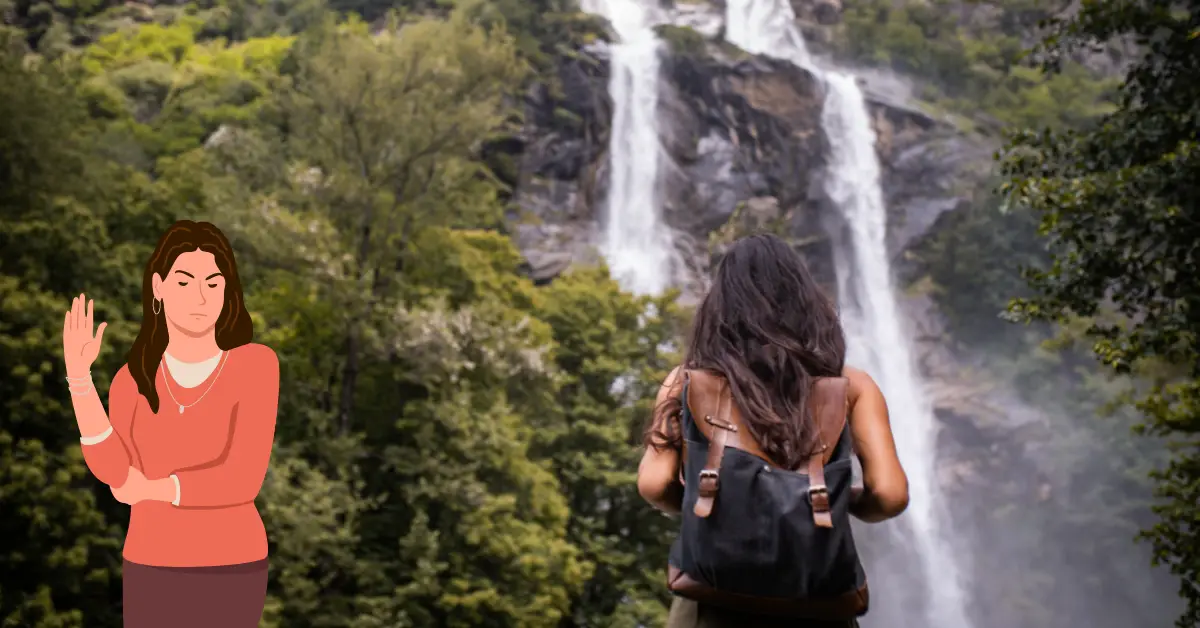
Travel insurance might seem like an unnecessary expense until you need it.
Travel insurance can protect you from significant financial losses and stress, such as medical emergencies, trip cancellations, and lost luggage.
According to the U.S. Travel Insurance Association, one in six Americans faces travel disruptions yearly.
Investing in a comprehensive travel insurance policy can provide peace of mind and ensure coverage for unexpected events.
3. Overpacking

Packing can be a daunting task, especially for solo travelers.
The temptation to bring everything you might need can lead to overpacking, making your luggage heavy and challenging to manage.
The key is to pack smart, choose versatile clothing that can be mixed and matched, and limit yourself to essentials.
Tip: Use packing cubes to organize your belongings. This will make it easier to find what you need without unpacking everything.
4. Not Having a Backup Plan
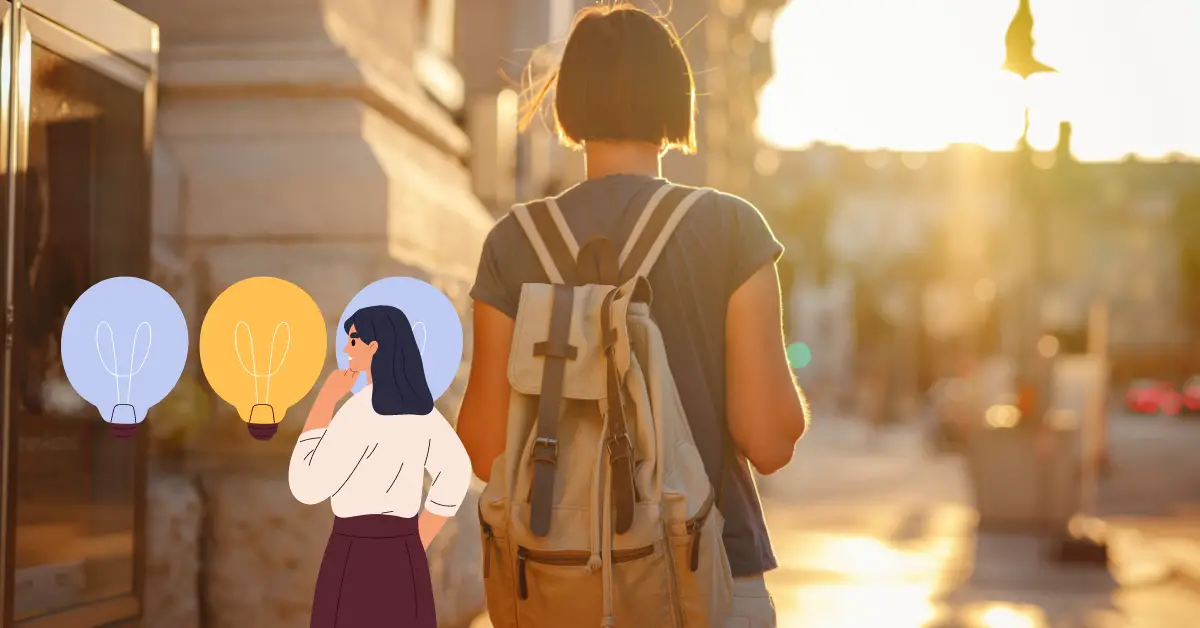
No matter how well you plan, things can go wrong.
Flights get canceled, accommodations fall through, and unforeseen events can occur.
Having a backup plan is crucial for solo female travelers.
This could include knowing alternate routes, having extra cash, and being aware of nearby accommodations.
Example: If your booked accommodation is unavailable upon arrival, having a list of nearby hotels or hostels can save you from a stressful situation.
5. Skipping Local Cuisine
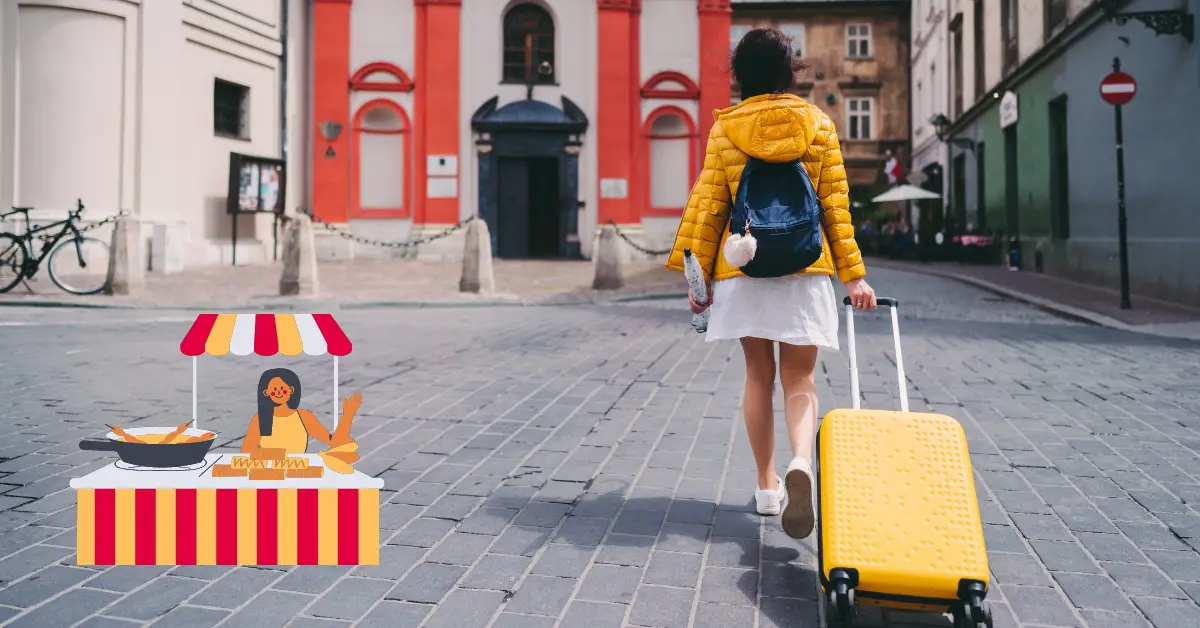
One of the joys of travel is experiencing new foods.
However, some travelers stick to familiar dishes for fear of getting sick.
While caution is essential, avoiding local cuisine altogether means missing out on a significant part of the cultural experience.
Example: In Thailand, trying street food is a must, but look for popular stalls with locals, as they are likely to be safe and delicious.
6. Neglecting Health Precautions
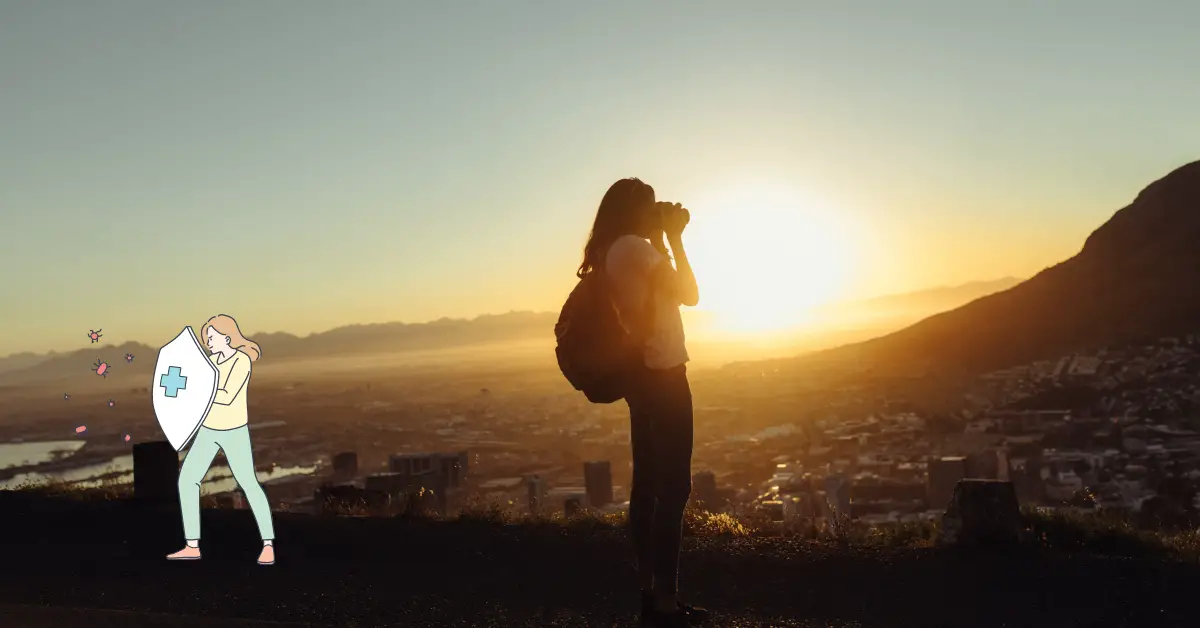
Traveling to new places exposes you to different health risks.
Neglecting health precautions like vaccinations and carrying a basic first-aid kit can lead to preventable health issues.
Check the health advisories for your destination and take necessary precautions.
Fact: The Centers for Disease Control and Prevention (CDC) recommends vaccines for travelers to certain countries to prevent diseases like yellow fever and typhoid.
7. Not Learning Basic Local Phrases

Knowing a few basic phrases in the local language can significantly improve your travel experience.
It shows respect for the local culture and can help you navigate more easily.
Example: In Italy, knowing how to say “Grazie” (Thank you) and “Per favore” (Please) can enhance your interactions with locals.
8. Staying in Unsafe Accommodations
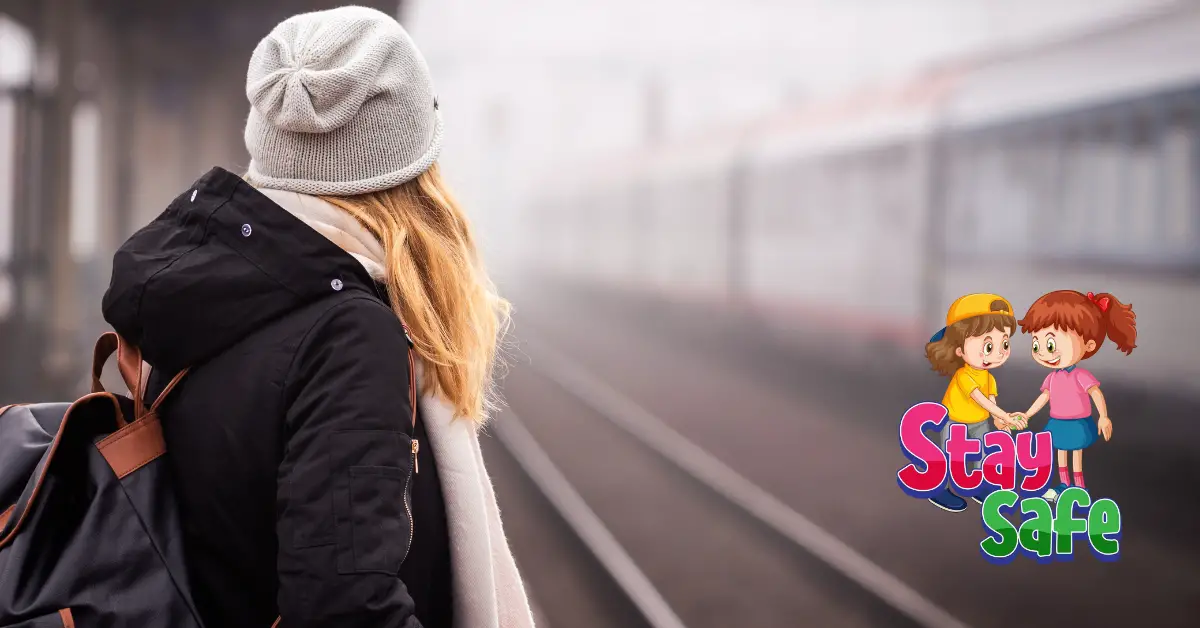
Choosing the right place to stay is crucial for your safety and comfort.
Always research accommodations thoroughly, read reviews, and look for places with reasonable security measures and positive feedback from other female travelers.
Tip: Websites like Hostelworld and Airbnb provide reviews and safety ratings, helping you choose the best place to stay.
9. Ignoring Cultural Sensitivities
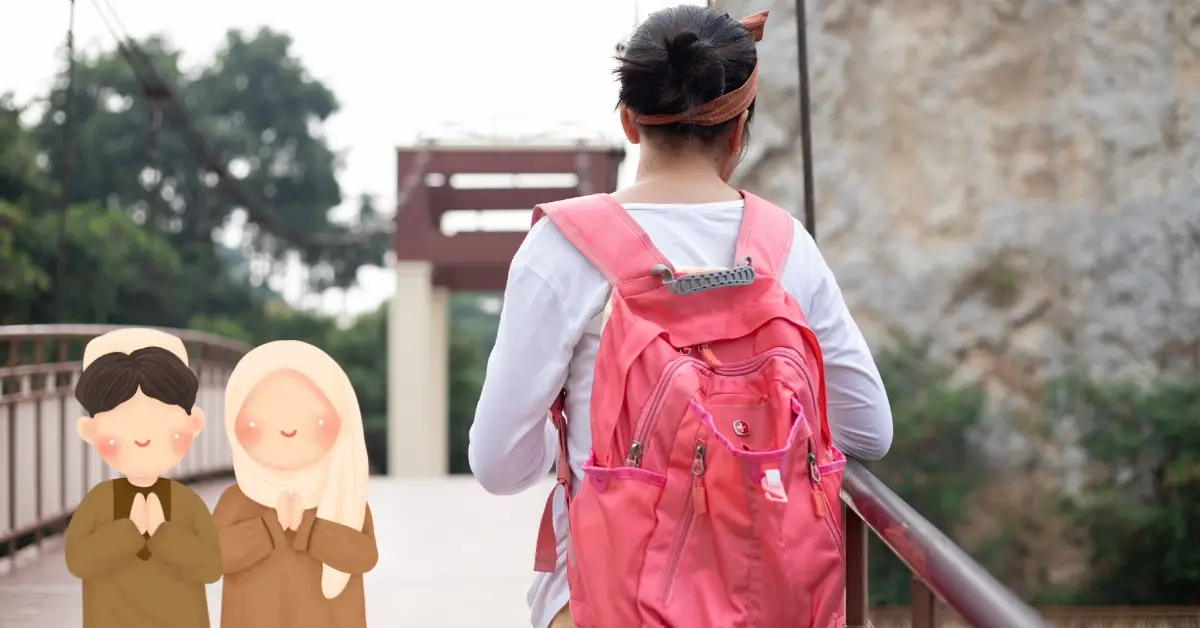
Understanding and respecting cultural norms is vital when traveling.
Ignoring cultural sensitivities can lead to misunderstandings or even put you in danger.
Example: In many Middle Eastern countries, dressing modestly is essential. Wearing long sleeves and avoiding revealing clothing can help you show respect and avoid unwanted attention.
10. Flashing Valuables

Displaying expensive jewelry, gadgets, or large amounts of cash can attract unwanted attention.
Keep your valuables secure and avoid showing them off in public.
Tip: Use a money belt or hidden pouch to keep your valuables safe and out of sight.
11. Not Trusting Your Instincts

Your intuition is a powerful tool.
If something does not feel right, it is not.
Trusting your instincts can help you avoid potentially dangerous situations.
Example: If you feel uncomfortable in a particular area or with a specific person, leave immediately and seek help if necessary.
12. Forgetting to Notify Your Bank
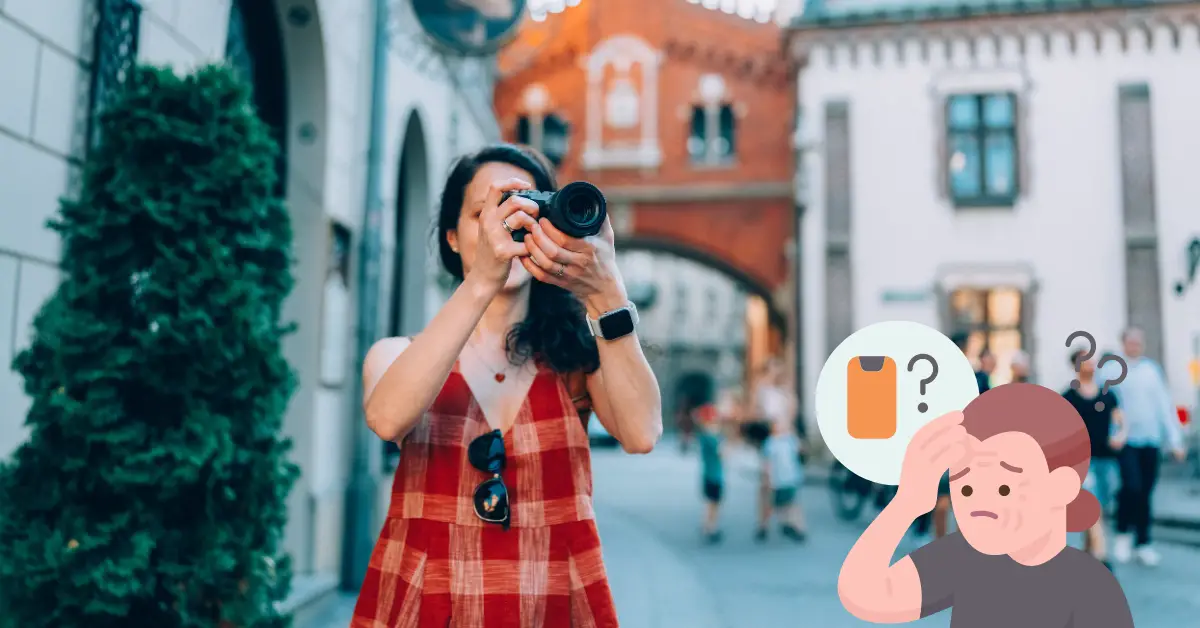
Not informing your bank about your travel plans can lead to your cards being blocked due to suspicious activity.
Always notify them to ensure smooth financial transactions.
Tip: Use mobile banking apps to set travel alerts and monitor your accounts while abroad.
13. Lack of Travel Security
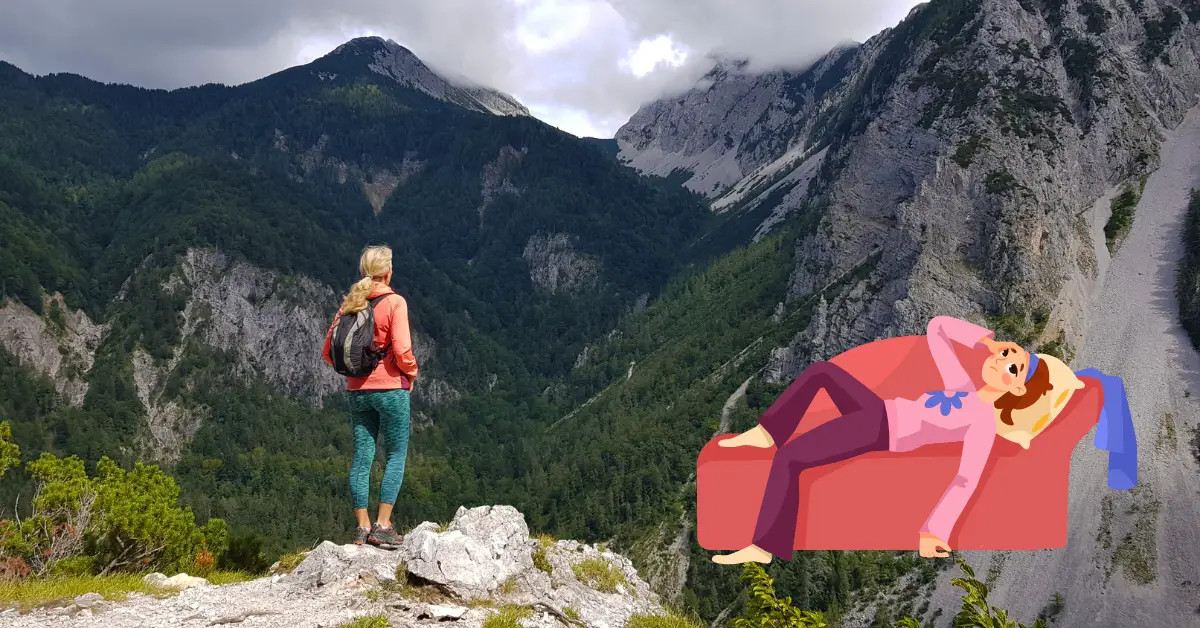
Travel security measures, such as securing your luggage and being aware of your surroundings, are essential to avoid becoming a target for theft.
Tip: Invest in luggage locks and travel security accessories like RFID-blocking wallets.
14. Not Joining Travel Groups

Joining travel groups or online communities can provide valuable insights, support, and companionship during your trip.
Example: Websites like Meetup and Couchsurfing offer opportunities to connect with other travelers and locals.
15. Disregarding Local Laws
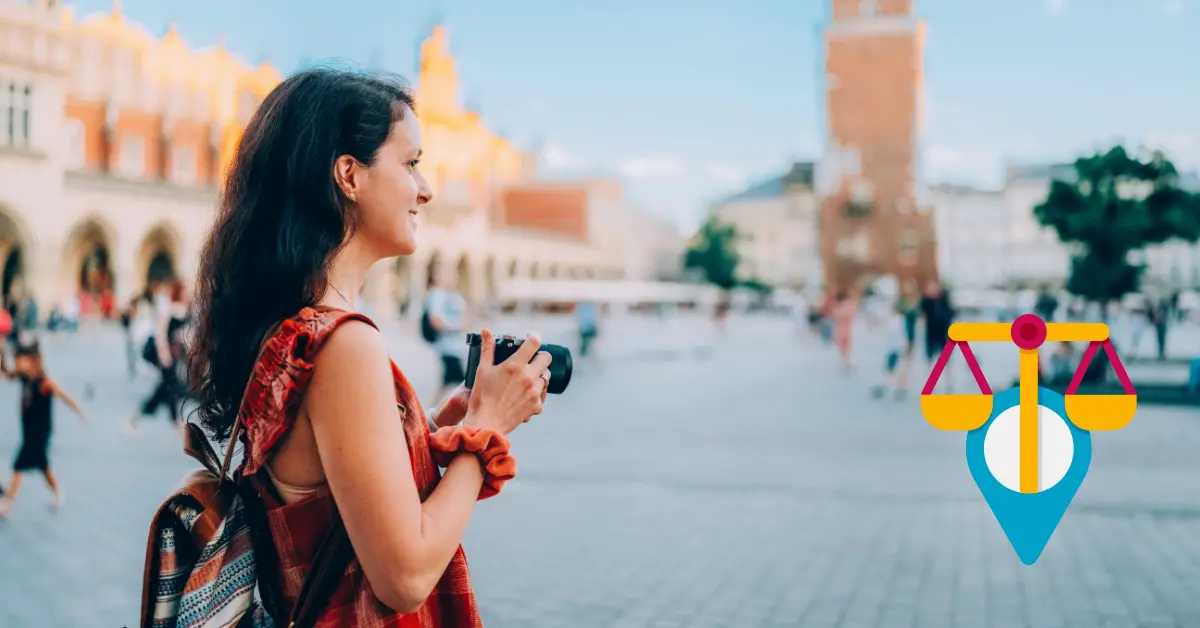
Disregarding local laws can lead to severe consequences.
Always familiarize yourself with the laws and regulations of your destination.
Fact: In some countries, seemingly minor infractions like jaywalking or chewing gum in public (e.g., Singapore) can result in hefty fines.
16. Not Keeping Copies of Important Documents
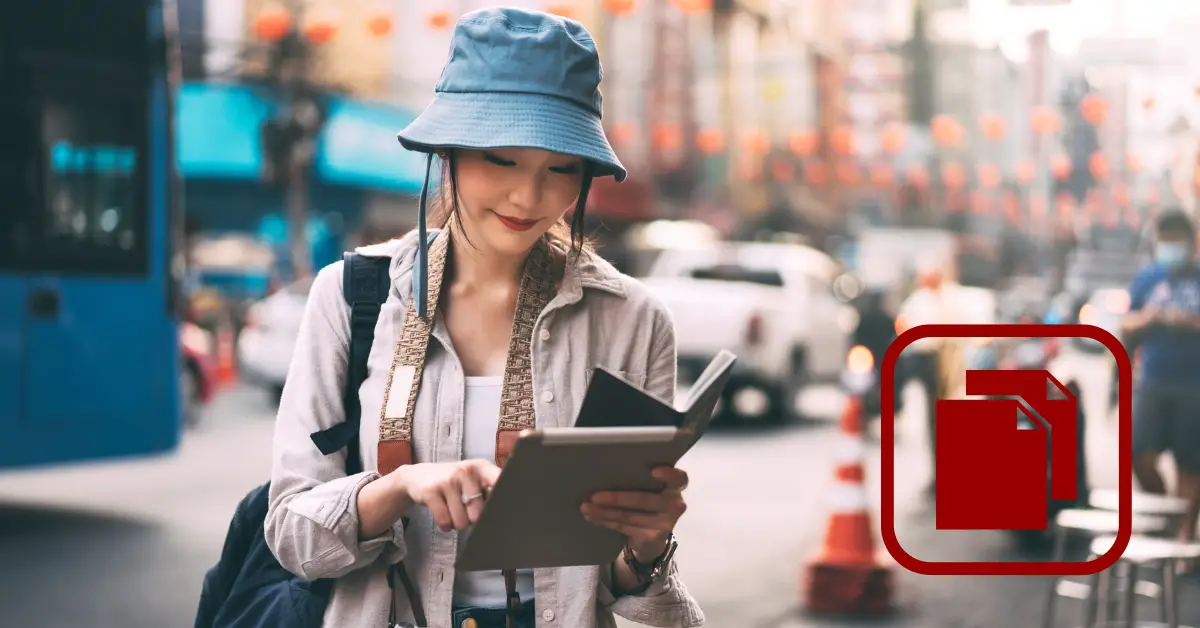
Keep copies of essential documents such as your passport, visa, and travel insurance.
This can be a lifesaver in case the originals are lost or stolen.
Tip: Store digital copies in secure cloud storage and carry physical copies separately from the originals.
17. Over-relying on Technology
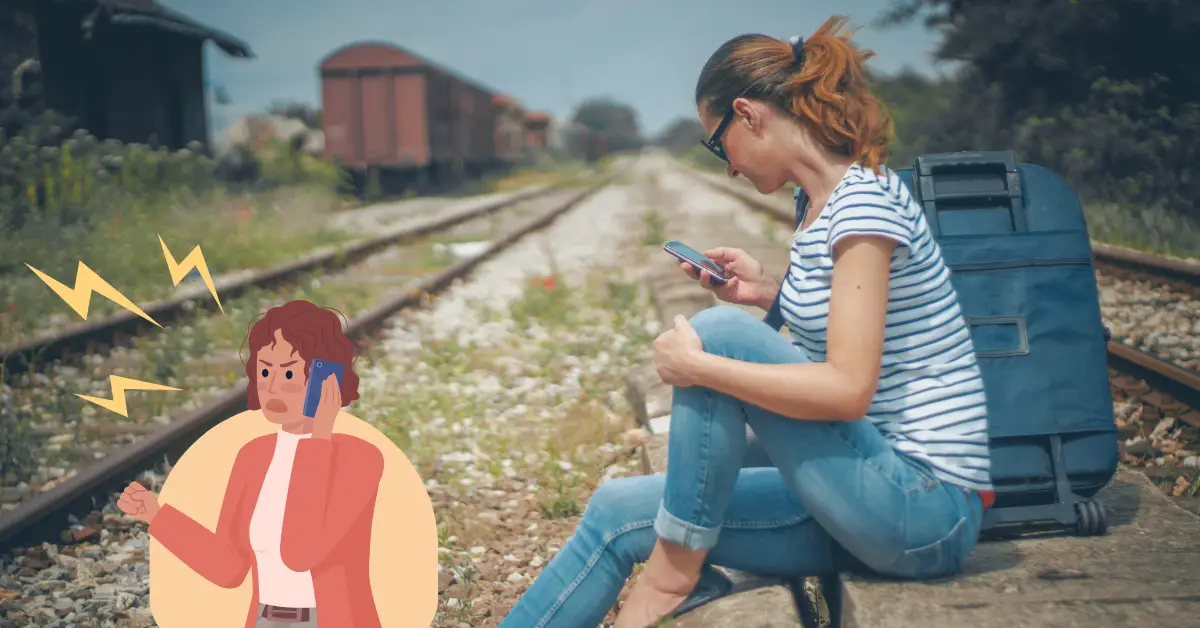
While technology is helpful, over-relying on it can sometimes be detrimental.
Always have a backup plan that does not depend on your phone or GPS.
Example: Carrying a physical map and a written list of necessary addresses and contact numbers can be invaluable if your devices fail.
18. Skipping Travel Advisories
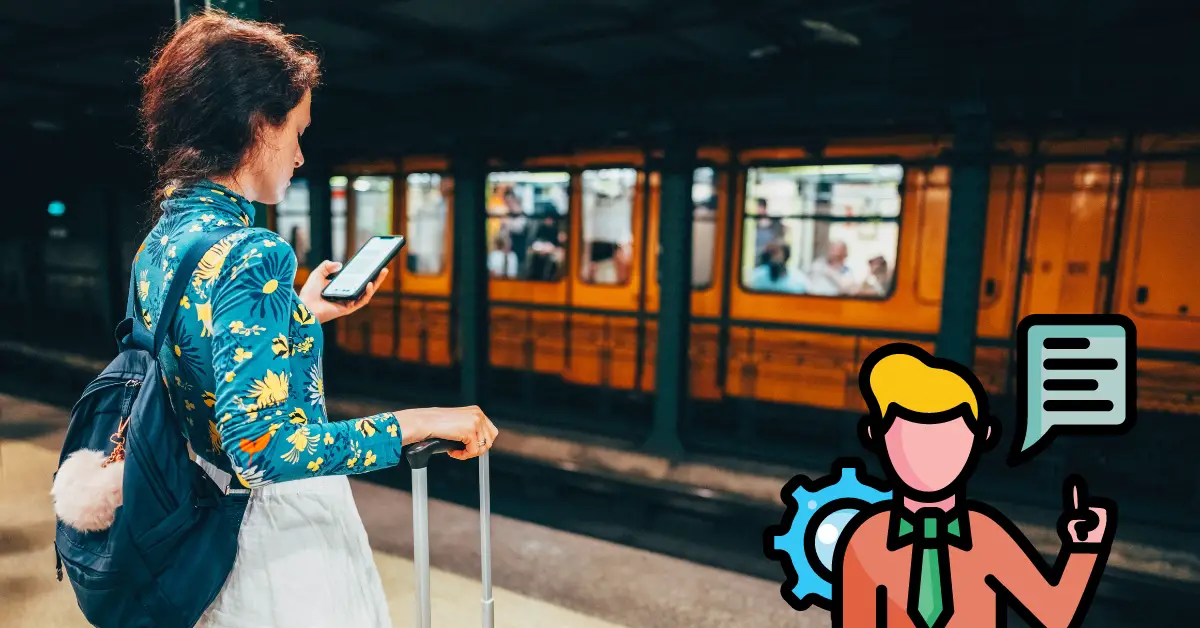
Always check travel advisories from reliable sources before and during your trip.
They provide crucial information about safety and health concerns.
Tip: The U.S. Department of State website offers up-to-date travel advisories and safety information for destinations worldwide.
19. Not Budgeting Properly

Not budgeting correctly can lead to financial stress.
Plan your expenses and have a contingency fund for unexpected costs.
Example: Use budgeting apps like Trail Wallet or TravelSpend to keep track of your expenses and avoid overspending.
20. Traveling Without a Purpose

Traveling without a purpose can make your trip less fulfilling.
Whether learning about a new culture, volunteering, or relaxing, have a clear goal for your travels.
Example: Volunteering with organizations like WWOOF or Workaway can provide meaningful experiences and help you connect with local communities.
Interesting Trivia
Did you know? The first recorded solo female traveler was Egeria, a woman who traveled from Spain to the Holy Land in the 4th century. She documented her journey in letters, providing one of the earliest travelogues.
Conclusion
Embarking on a solo adventure as a female traveler is an empowering and enriching experience that offers countless opportunities for personal growth, self-discovery, and cultural immersion.
However, being well-prepared and mindful of potential challenges is crucial to ensure your journey is safe and enjoyable.
By avoiding these 20 common mistakes, you can significantly enhance your travel experience.
Thoroughly researching your destinations will help you understand local customs and safety concerns.
Investing in travel insurance will also provide peace of mind in unexpected events.
Packing light and intelligence ensures ease of mobility, and having a backup plan prepares you for any unforeseen circumstances.
Embracing local cuisine and health precautions enriches your journey, while learning basic local phrases can bridge communication gaps and show respect for the culture.
Prioritizing safe accommodations and respecting cultural sensitivities can prevent uncomfortable situations and foster positive interactions.
Keeping valuables secure and trusting your instincts are essential for maintaining personal safety.
Informing your bank about your travel plans and taking security measures can prevent financial disruptions and theft.
Engaging with travel groups can offer support and companionship, and respecting local laws ensures a trouble-free experience.
Maintaining copies of essential documents and balancing technology use with traditional methods of navigation and communication provide practical safety nets.
Staying informed through travel advisories helps you navigate potential risks, while proper budgeting prevents financial stress.
Traveling with a clear purpose adds depth and meaning to your journey, whether through cultural exploration, volunteering, or simply seeking relaxation.
Remember, each step you take and each decision you make shapes your adventure.
By being prepared, staying informed, and trusting your instincts, you can navigate the world with confidence and grace.
And That’s it!
Solo travel is about visiting new places and experiencing life fully.
It is about meeting new people, learning from different cultures, and discovering more about yourself.
As you prepare for your next solo adventure, let these tips guide you toward a safer, more enjoyable, and profoundly rewarding journey.
In the words of J.R.R. Tolkien, “Not all those who wander are lost.”
So pack your bags, set out confidently, and embrace the adventure.
Safe travels and happy exploring!


